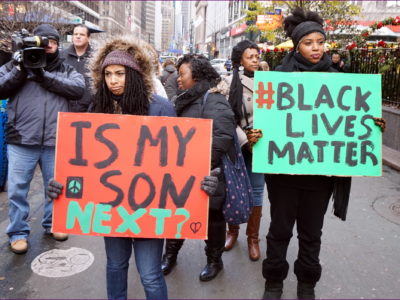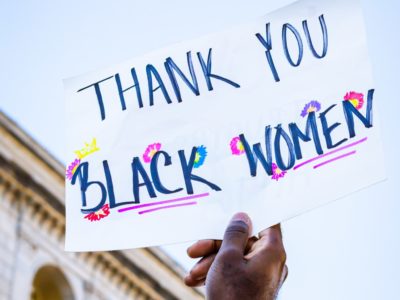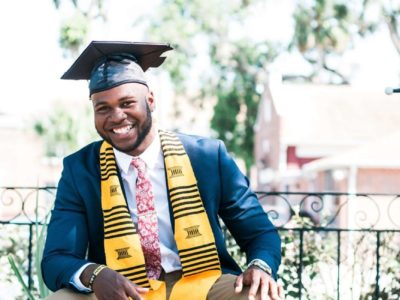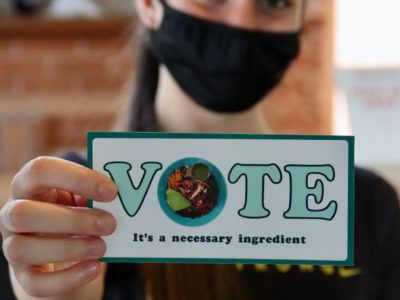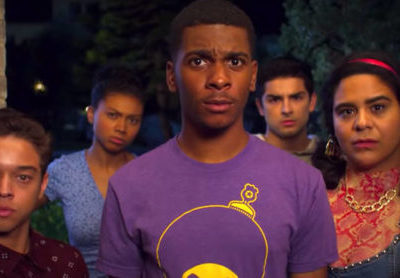George Floyd’s death sparked change and action in only a matter of days. Thousands flooded to the streets and every social media platform in search of justice, recognition and accountability for the deadly outcomes that arise from the prejudice and inequality that lies within our society. People around the globe of every generation, outraged and inspired, wish to do their part. However, with so much happening in such little time, finding the right resources can be difficult and confusing. Whether you are a member of the black community, or wish to serve as an ally, figuring out how to contribute effectively to the Black Lives Matter movement (BLM) can become overwhelming.
Read on for 10 ways we as college students can support BLM and honor the lives that have been wrongfully taken.
1. Donate
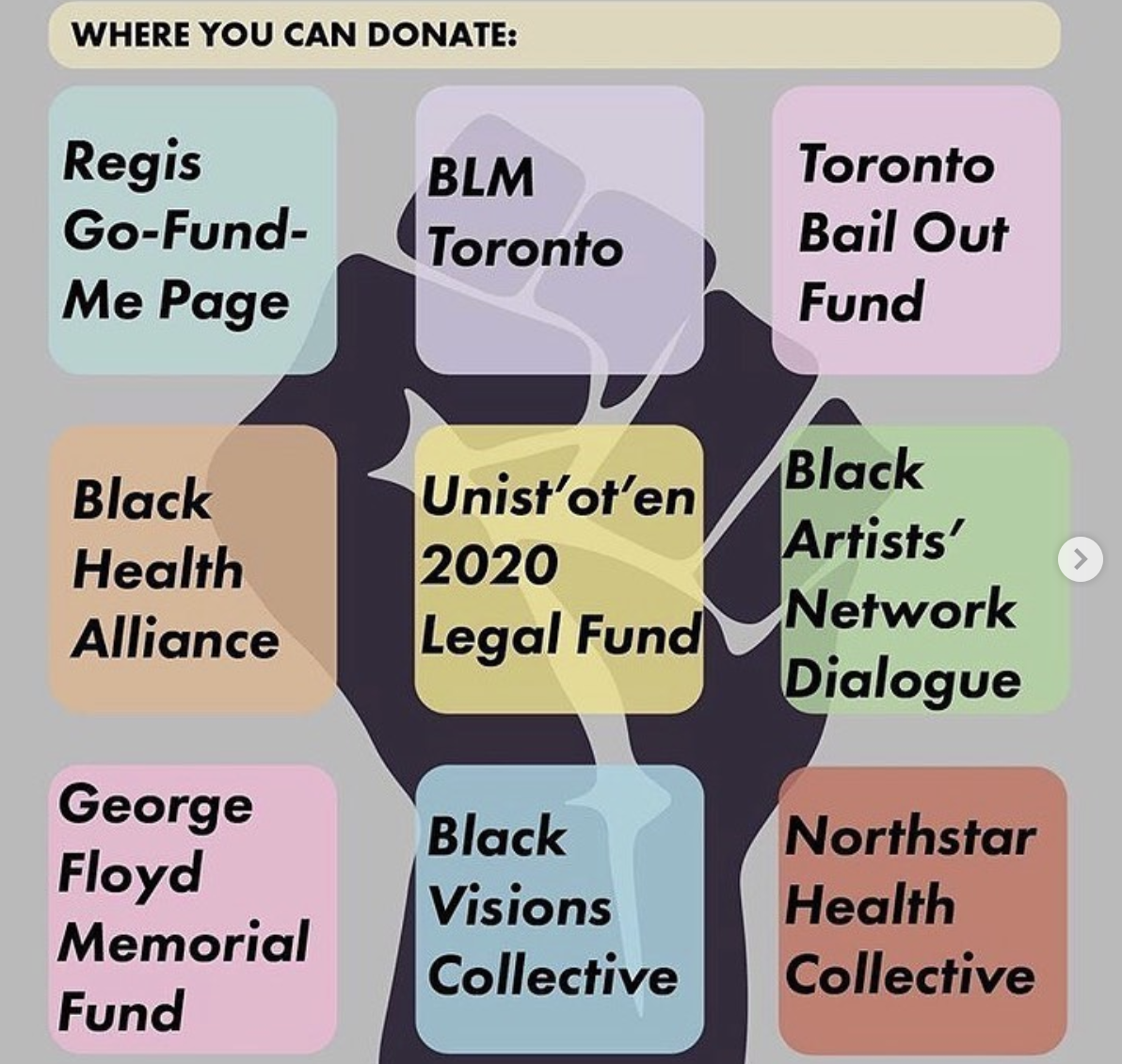
In this time, we must come together and give what we can to those who truly need it. Whether you donate a lot or only a few dollars, every cent counts. You can find different sources to donate to, depending on what and/or who you’d like to help. If you’d like to directly support George Floyd and his family, you can donate to the George Floyd Memorial Fund on GoFundMe. To help pay bail for black individuals or those arrested while protesting, you can donate to the Know Your Rights Camp, National Bail Out Fund – Free Black Mamas, Columbus Freedom Fund, and Louisville Bail Fund. To help families of other victims, you can donate to fundraisers like I Run with Maud – Justice for Amaud Arbery and Justice for David McAtee on GoFundMe. Take time to research if there are any of initiatives within your own communities that you can donate to.
Furthermore, you can donate to organizations contributing to communities and individuals that support the BLM movement. Examples of these groups are Black Lives Matter, Reclaim the Block, ACLU Minnesota, the Black Visions Collective, Campaign Zero, Unicorn Riot, North Star Health and so much more. Additionally, you can donate supplies to protestors by sending them to the Northstar Health Collective in Minneapolis, the BIPOC Minnesota Healing Justice Activists, or other groups in cities where protests are taking place. If you currently can’t donate money, you can donate in other ways. Several individuals, like Zoe Amira with her VIEWS FOR A VISION video, created initiatives on YouTube to donate ad revenue to BLM causes. By streaming these videos your time translates into money donated. Just always do your research first. Ensure when you donate money it goes directly towards the cause, not towards sites to continue promoting the cause.
2. Sign petitions

Without a doubt, this is the quickest and simplest way you can support of BLM and George Floyd. While you shouldn’t let signing petitions form the extent of your activism, you shouldn’t discredit this type of aid. “But granted that my family members weren’t as active as me and granted that I am part of the black community, I felt that it was my duty to speak up. Spreading petitions and links have helped other people, including non-black people spread links even further. Sharing petitions on Twitter have caused others to sign and share them as well,” said University of Central Florida sophomore Victoria Shadwick. Petitions go a long way as they quantify the amount of support behind a cause. This both sends a message to authorities and alerts the media that the cause garners sufficient public attention to warrant covering it.
To support George Floyd, you can sign petitions in a few different ways. Text ‘FLOYD’ to 55156 to sign a petition through ColorOfChange, as well as fill out the petition on the Justice for Big Floyd website, to demand that everyone involved gets charged. You can also sign the Justice for George White House Petition and text ‘JUSTICE’ to 668366. To support other victims, sign the petition on the Run with Maud website for Ahmaud Arbery and sign the petitions for Breonna Taylor and Tony McDade on Change.org. You can also text ‘ENOUGH’ to 55156 to demand justice for Breonna Taylor and ‘TONY MCDADE’ to 484848. These are just a few of the many petitions available to sign. There are several master documents and sites circulating that accumulate all these resources into one place, making the information a lot more digestible and accessible, so keep on the lookout for those.
3. Contact representatives and authorities
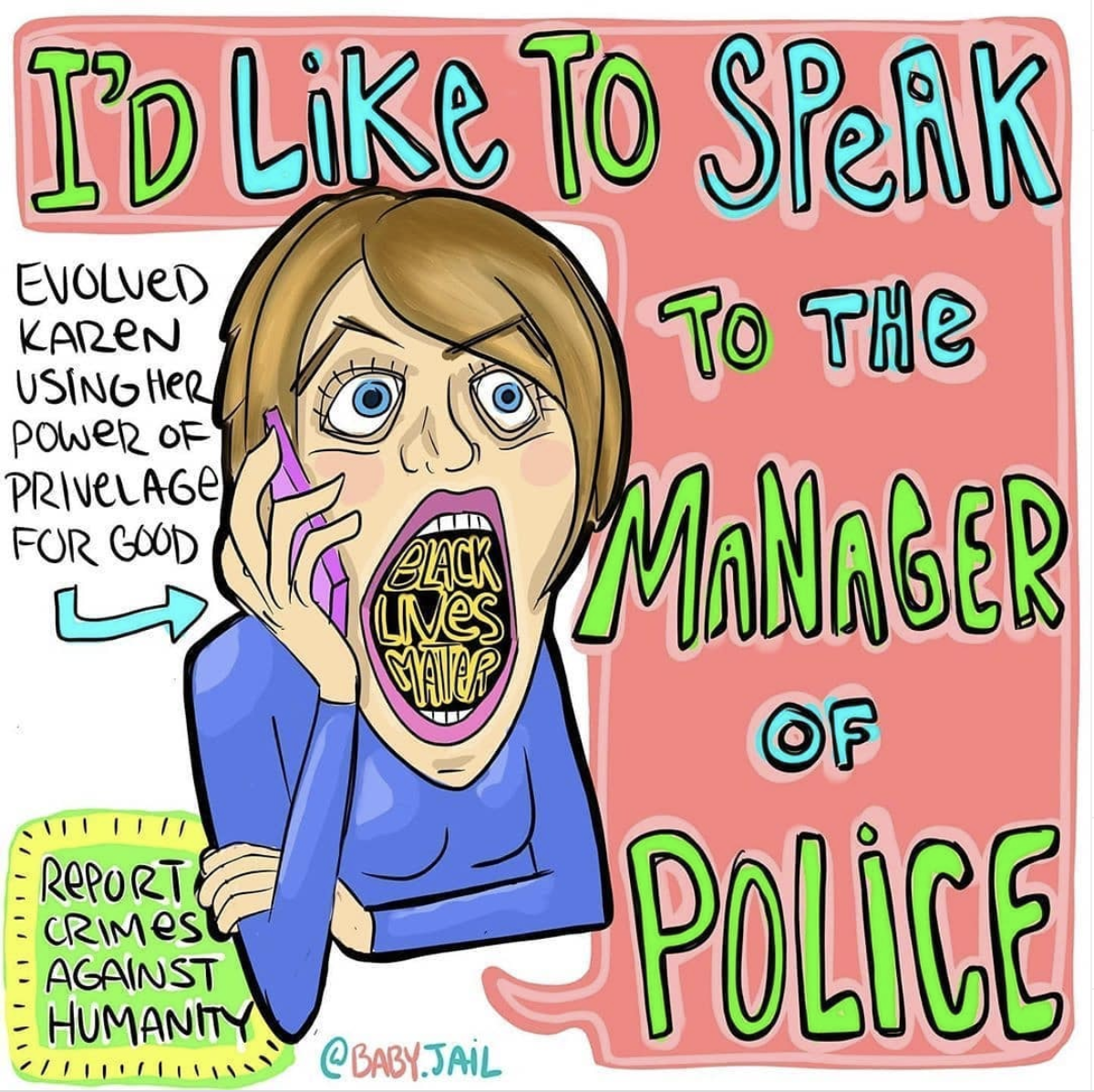
To support both George Floyd and the BLM movement, call your local representatives and authorities. Speak up and make your voice heard by the officials who can make the changes we want to see. “It’s crazy how quickly things can get done when we all work together, and I think that’s what a lot of people are seeing. It’s just about there being power in numbers and using the mob effect for good not for bad, seeing people contact representatives and really want to make a change,” said University of Central Florida senior Lincy Antoine. You can call a number of different people to help with several issues being confronted by the movement.
To demand justice for George Floyd, call the Minneapolis mayor, Jacob Frey, as well as the Minnesota Attorney General, Keith Ellison and Minnesota Governor Tim Walz. If you’d like to support protestors, you can help those in Columbus, Ohio by contacting Mayor Ginther and City Attorney Zach Klein, or those in Louisville by calling Mayor Greg Fischer. To aid arrested protestors you know, you can call the National Lawyers Guild or contact The Bail Project. Make sure to do your own research to find representatives in your own community you can contact. Contact them in every way possible, from phone calls to emails to letters. Vocal action goes a long way and pressures authorities to listen and act themselves.
4. Educate yourself and stay informed
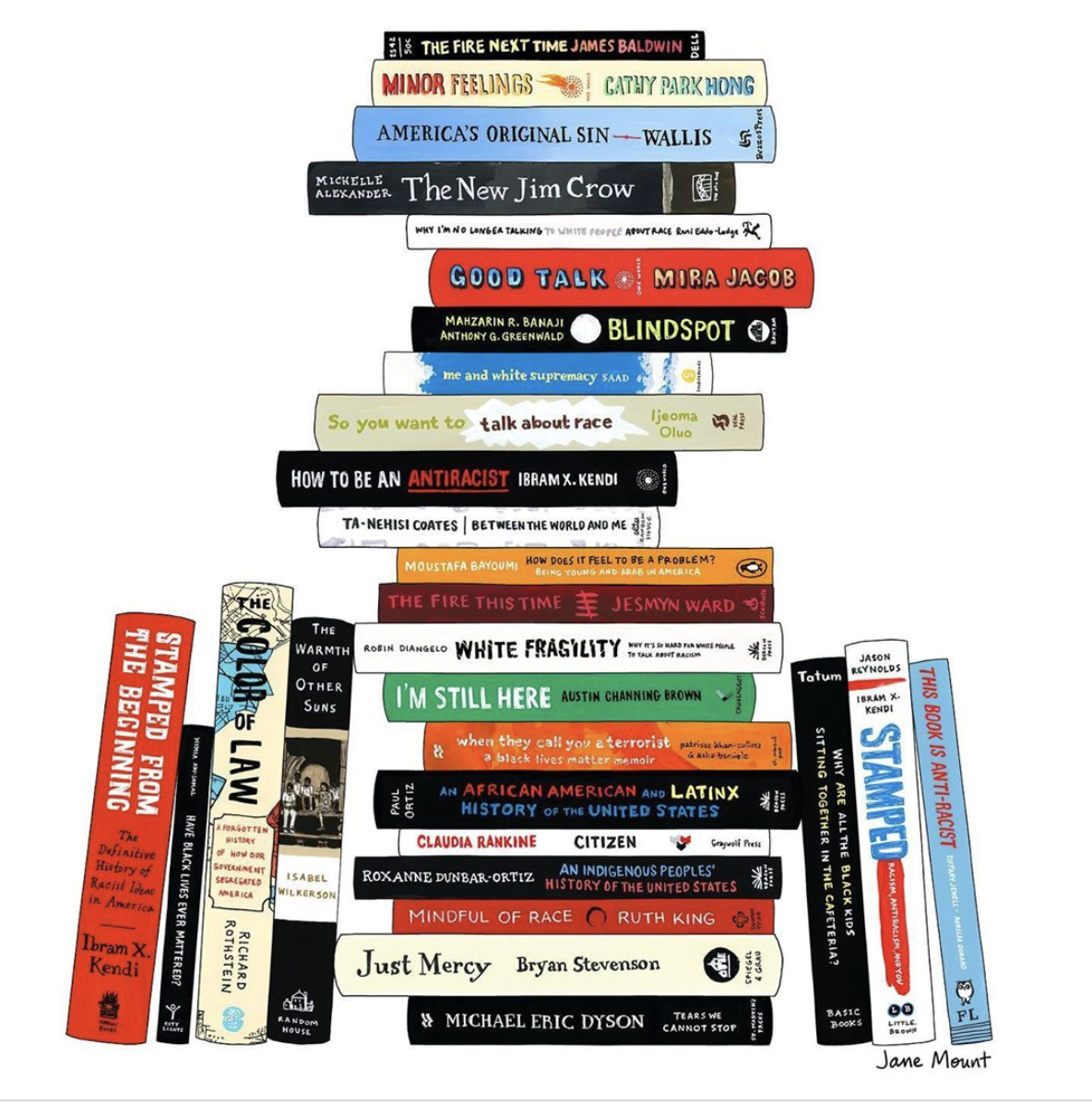
If you haven’t learned about the BLM movement or the issues combatted in the past, take responsibility for getting educated and staying informed. “It’s crazy how many resources are available that people never knew about because they didn’t take the time to dig deeper. I’m even being educated on new things; just because I’m black and a woman doesn’t mean I know everything or that I’ll be the one with all the right answers,” Antoine said. Black people don’t carry the obligation to educate others just because they are black. Take initiative and dedicate time to learn. You can find resources for every type of learner, from books to podcasts to films, shows, TED Talks and more. Utilize the list created by Sarah Sophie Flicker and Alyssa Klein, which culminates a variety of resources to teach people ‘How to be Actively Antiracist.’
Educating yourself will not be easy, quick or painless. It will take time to fully understand the history and pain behind the BLM movement, especially if you personally never experienced discrimination and hate in that way. Take the time to truly listen. By decentralizing your focus and giving your full attention to these societal issues, you will learn more than ever before. Along with education comes the task of staying informed. You can’t just learn, understand and move on. Keep up to date on current events. Do your research, fact-check and use varied news sources to ensure you get your information from both reliable and varied perspectives.
5. Student organizations
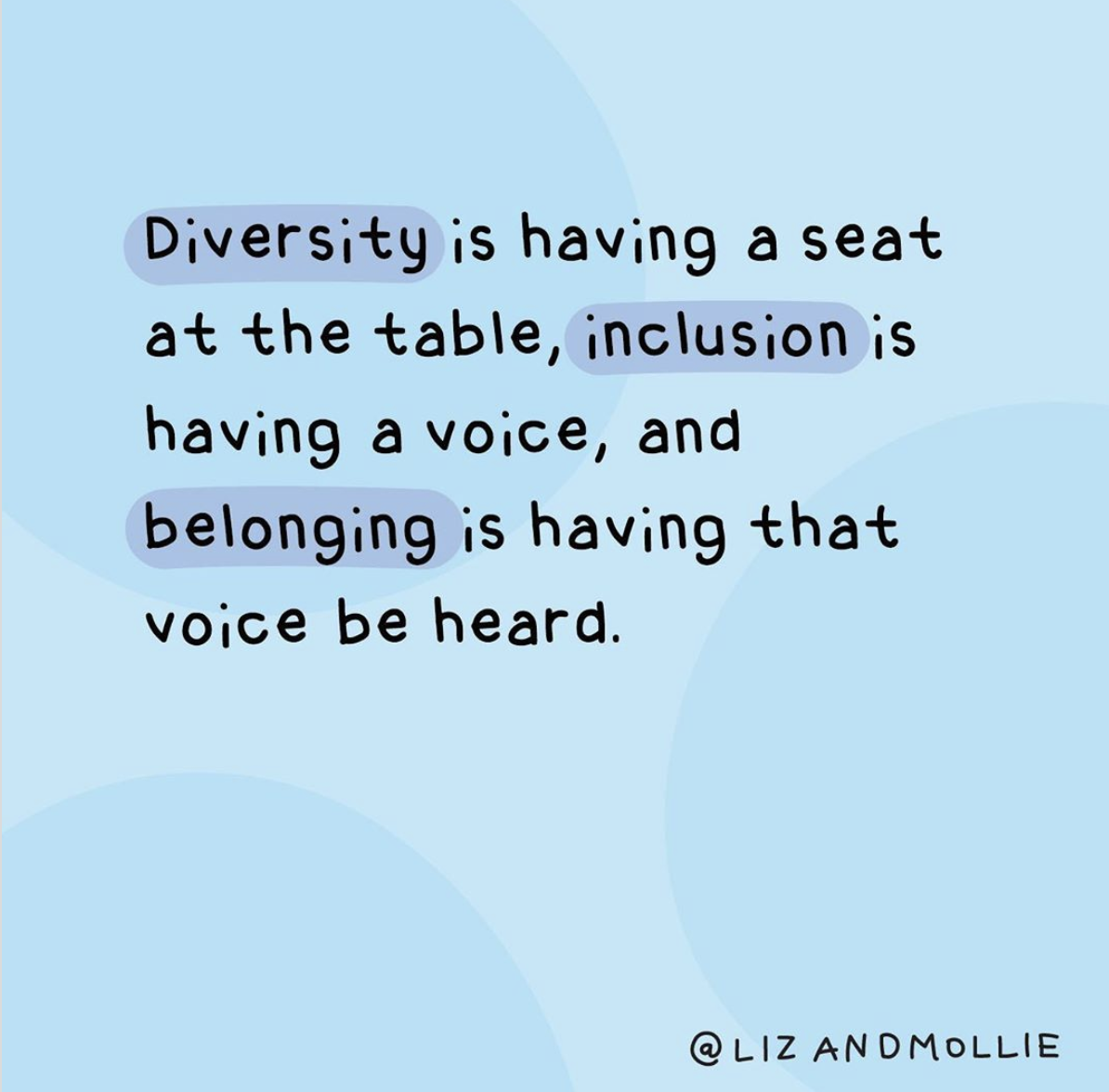
Don’t underestimate the power of the student organizations at your university. These groups unify the study body. They offer platforms to make an impact on campus. College chapters of organizations like the Black Student Union or Alliance and the NAACP, by design, create spaces for the black community on campuses and offer a platform for their voices to express the good and the bad. “This community provided me with such comfort as I realized that I am not alone in the trauma that comes with every slur, microaggression and systematic racism that is hurled towards people of color,” said University of Florida sophomore Hannah Thomas. Become a member or simply make the effort to attend and promote their events/initiatives. By supporting these groups you can help maintain their place on campus and elevate their voices so when they do express their concerns, they can be heard by everyone.
Search for student orgs focused on activism and anti-racism. Getting involved with these groups will allow you to directly influence change on your campus and support BLM. Examples of these are agencies like that within the University of Florida’s student government, Students Take Action Against Racism (STAAR) or the Not on Our Campus Campaigns, taking place on campuses all over the United States. “As a young adult, now confronted with the new task of navigating a Predominantly White Institution, the University of Florida, I knew I needed to actively seek a black community on campus if I wanted to continue to explore and indulge in the beauty of black culture,” Thomas said. In the event that you find your campus to be void of these spaces, you need to change that.
These organizations should exist on every campus. If you feel your campus lacks the resources, take the initiative and create one. Research how to start a student organization on your campus. Find students and faculty who will help you bring it to life. Even if there are some, but still not enough of these groups at your school, you need to change that too. If none exists for your major or field, make one. Most importantly, the burden can’t be left entirely on the black community and their organizations to make change and represent the BLM movement on campuses. Every student organization that stands for the well-being of their students (as they should) needs to do their part to support the movement. Whether you are a leader or just an active member, look within and ask how your group can use its platform and influence on campus to help.
6. Protest
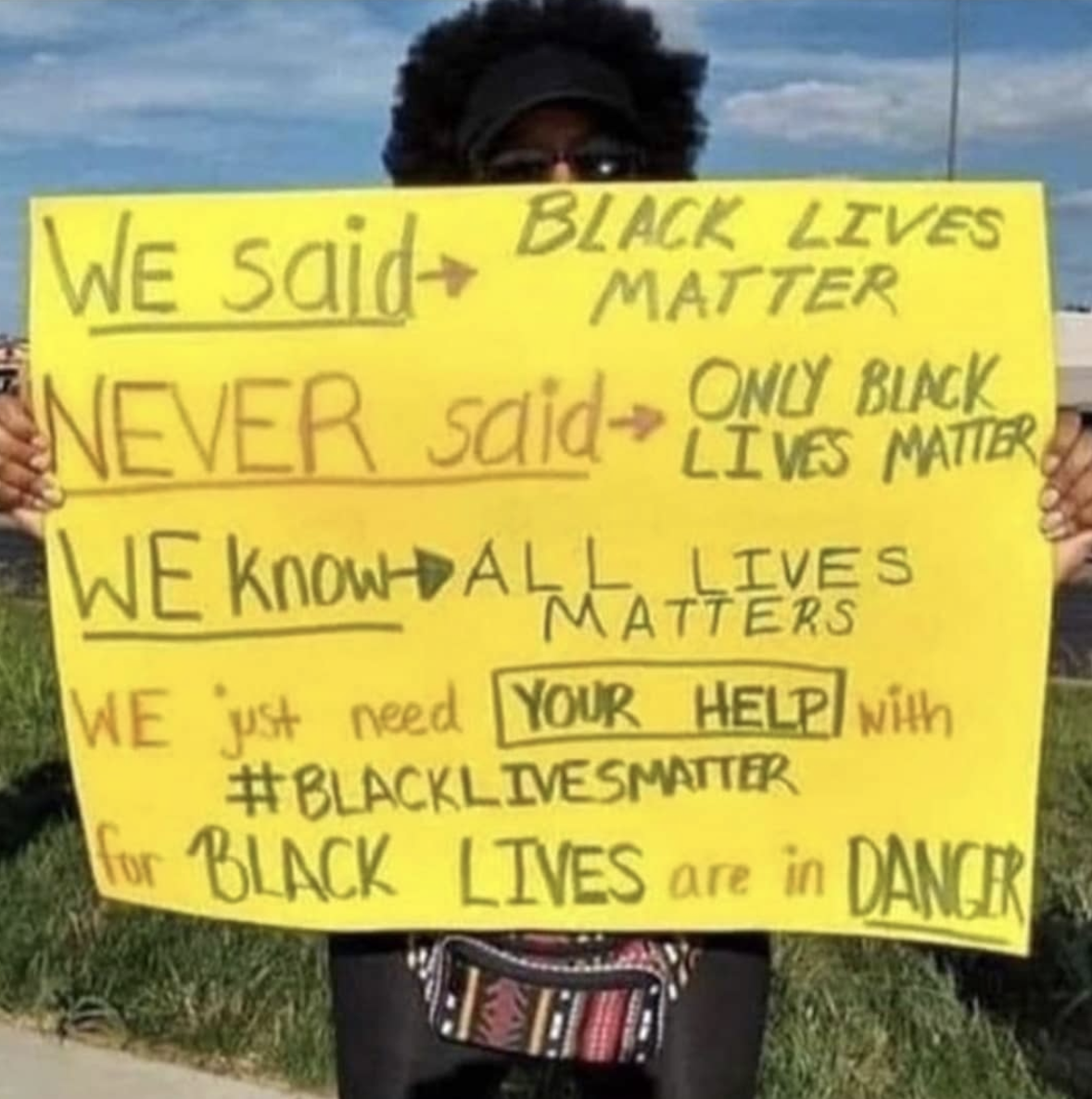
Throughout the majority, if not all, of the major events that took place throughout our history, protesting held a vital role in bringing about change. It will do the same in this movement too. “As an activist, it [George Floyd’s death] made me disappointed in this country because of the constant work that has been put in by those brave souls in the past who protested and fought for our rights,” said University of Central sophomore Kéyuna Julien. Protesting provides a way to unify communities and take initiative. It draws global attention to issues at hand, forcing changes to be made. There are protests taking place in cities all over the country. If you are interested in participating, find the one taking place nearest to you. However, there are things you should know and steps you should take to prepare before you go.
In order to protest safely, you need to know what to wear and what to bring. Make sure your clothes cover your entire body (i.e. hoodies and pants) and won’t make you stand out; also consider layering. To avoid health risks, wear a mask and gloves. Consider bringing goggles in the case that tear gas is used. Make sure your hair is tied up and avoid wearing things like jewelry or contact lenses. As far as what to bring, besides protest signs, make sure to pack water, snacks, first-aid supplies and cash. Above all, know your rights and the information of anyone you may need to contact if something happens to you. Some people may consider all this extra or going overboard. However, you should remain realistic and always prepare yourself for any possible protest situation.
Finally, you should know how to conduct yourself while protesting. In reality, we will never find a universally right way to protest. If you aren’t black, you don’t get to dictate how black people should respond to this situation. As far as protesting conduct goes, make sure to get to know the vibe of the crowd you are with. Don’t do anything you aren’t comfortable doing. Beware of people trying to provoke you to be violent and focus on your reason for protesting in the first place. When documenting a protest, protect the identities of those around you by censoring and avoiding filming faces or identifying features. In the name itself, the BLM matter movement focuses on the well-being of the black community. Your behavior should too. If you are not black, always remain respectful to the black community when you attend protests as an ally.
7. Use your platform
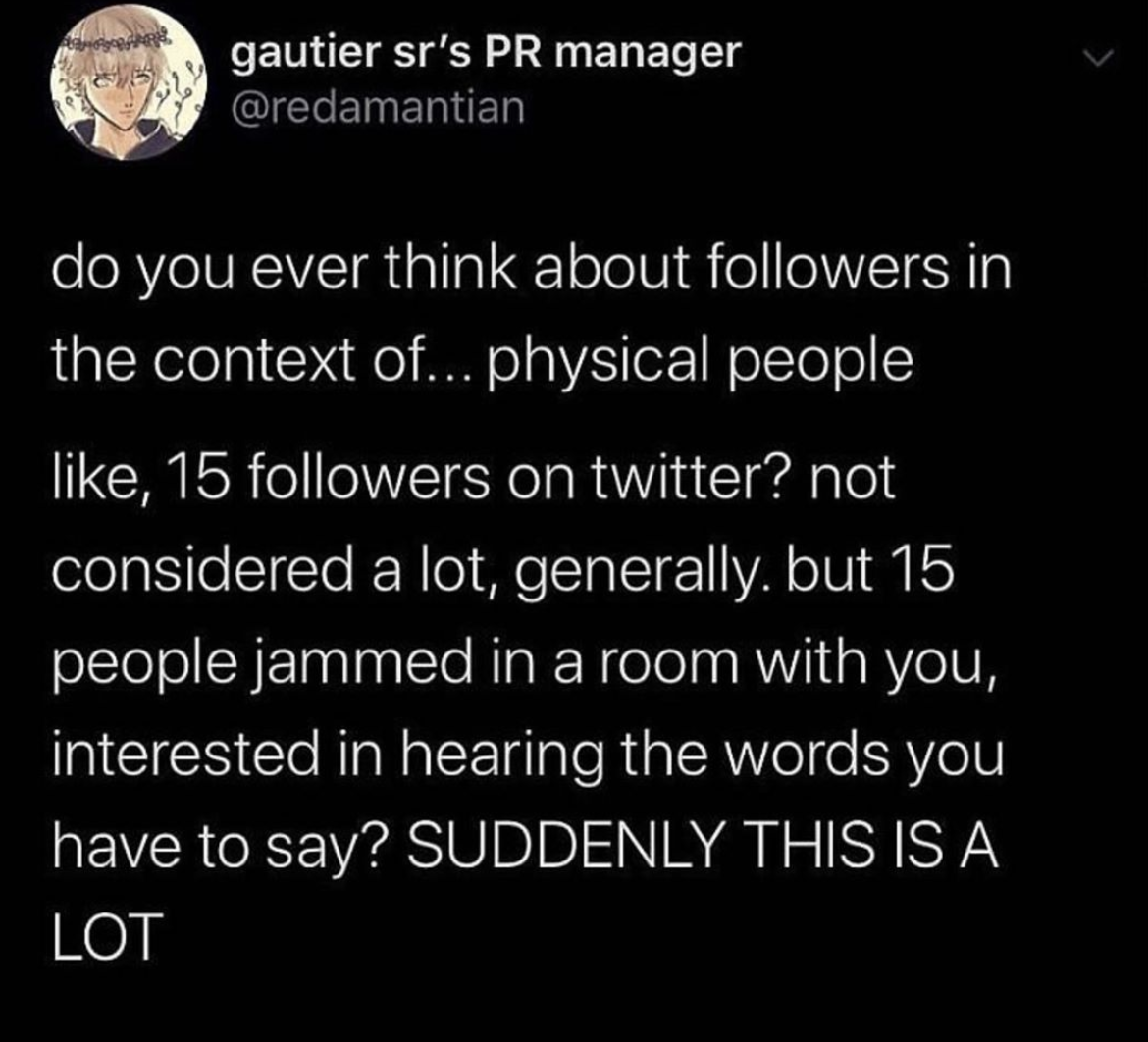
Older generations love to say we spend all our time on our phones, using social media right? Well in this situation, we can put that habit to good use. With COVID-19 still posing a health risk in our society, social media platforms allow you to make your voice heard from the safety of your own home. Use your platform to share news and spread awareness. “Personally, I decided to write an open letter to my white and non-black followers on Instagram. I not only shared my personal feelings but implored them to take actual steps to educate themselves. For me, it was a cathartic experience and I finally got to share something that I have had on my mind for a long time,” said University of Florida student Adetola Alonge. Never underestimate the influence of just a single post that contributes to honoring George Floyd and the BLM movement.
When showing support over social media, remain conscious of the content and the manner in which you post. First off, beware of performative activism. This includes only posting social media chains, trending hashtags, or empty statements like ‘Black Lives Matter’. This doesn’t actively contribute to making any type of change. Anyone can tag some friends on their Instagram story or retweet a hashtag on Twitter. Educate, provide resources, news or updates and make sure your social media usage is active rather than passive. Also, maintain sensitivity when posting. Avoid posting traumatic or graphic content as much as possible. If you do decide to, make sure to always preface these kinds of posts with explicit warnings for your followers. Above all, if you are not part of the black community, make sure in your efforts to help amplify black voices that you don’t speak for them.
8. Start and promote conversation
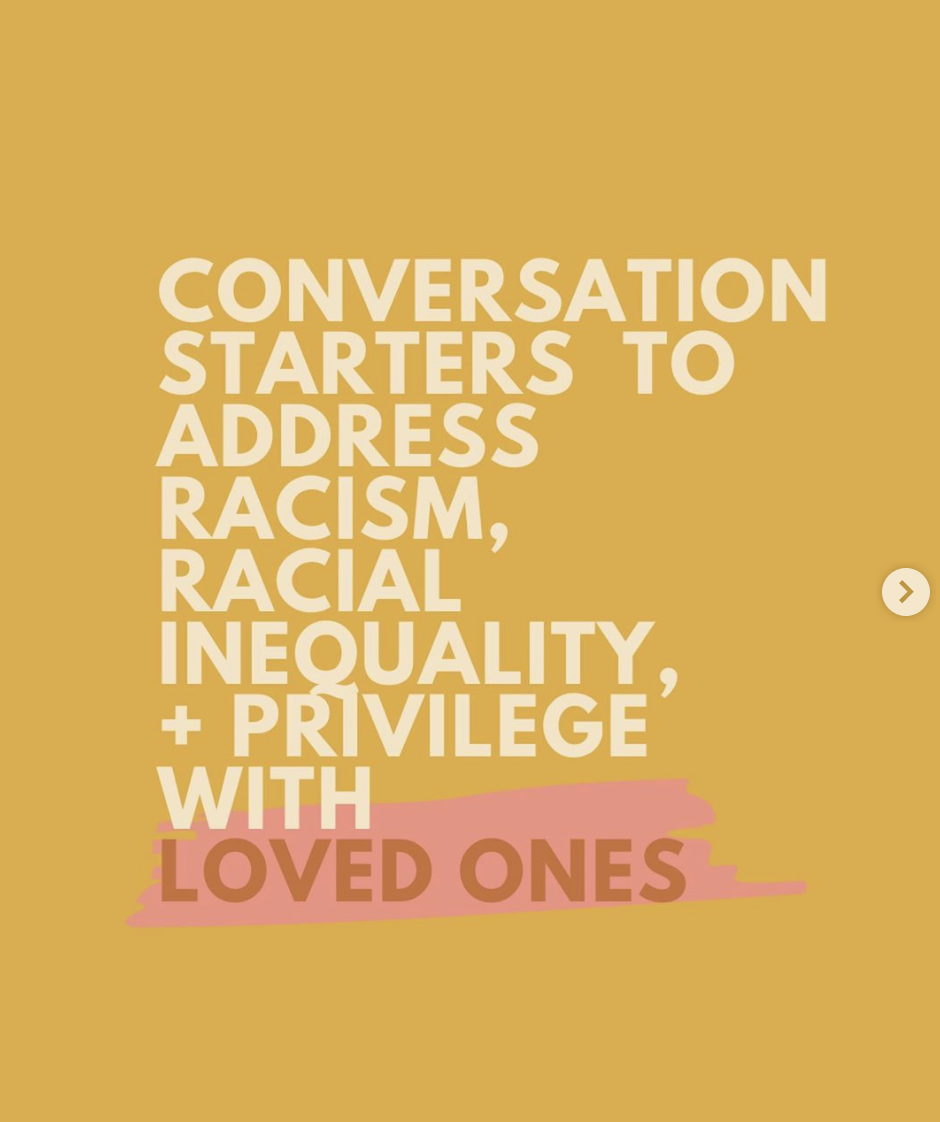
Change starts within the home, minds and hearts of those around you. Educate and start conversations with your family and friends, young and old. We can’t afford to avoid conversations because of discomfort or ‘inconvenient timing’. Those excuses come from a place of privilege. Make a communal effort within your family or friend group to learn and grow together. If you know multiple languages, translate information to non-English speakers in your household or community. Ignorance originates from a lack of proper education. We must start, continue and promote conversation about George Floyd and BLM. Nobody should use the excuse that they don’t know, or they were never taught about it. “Remember: true activism, education, and accountability are not and will not be comfortable. Are you posting a black box on Instagram and calling it a day, or are you really up for change,” Alonge said. Learn. Teach.
Also, talk to and check in on your black friends, family and loved ones. These conversations prove just as vital and instrumental to creating uniting, forming understanding and providing support. Besides all this, we need to keep people accountable for the things they say and do. Call them out and do it publicly if you need to. Point out hypocrisy and racism when you see it, don’t let it slide. Confront those people who choose to adopt black culture but remain silent in this time. Don’t make excuses for people just because you don’t like confrontation, or because they are your friends or family. “Change is never silent,” Julien said. We can only put a stop this behavior if we all make it unacceptable, no matter the conflict it causes.
9. Vote — On All Levels
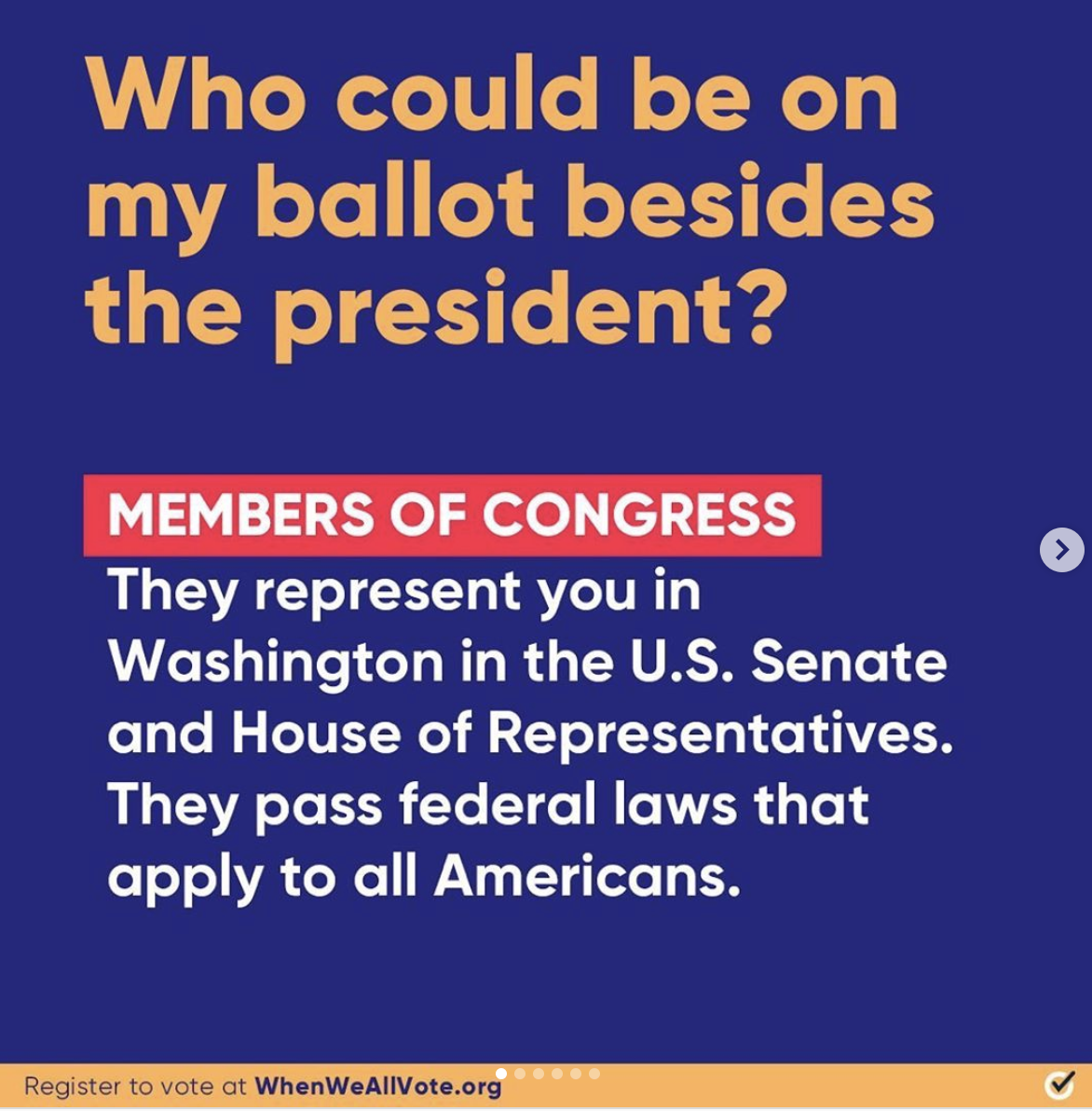
If we want to see change in our legislature, government and institutions we need to put our money where our mouth is. That means voting in every single election. First and foremost, the presidential election only gets closer and closer as the days go by. By now we all know the impact the executive candidate we elect creates on our individual lives. However, we must make sure not to focus all our energies into just one place. Change can happen on all levels. We must make sure to take notice of the other names on our ballots, as well as the other elections taking place in our communities. Your votes for members of Congress, governor, state legislators, mayor, judges, city council members and other local representatives matter.
These people represent you directly and can impact you just as much, if not more so, as a presidential elect will. “People my age, college students, are the ones who growing up have always heard ‘oh kids, sit down,’ but now we’re the ones that are doing stuff, organizing everything, marching and even singing,” Antoine said. Our vote matters more than ever. Do your research and make it count.
10. Say their names and honor their memory
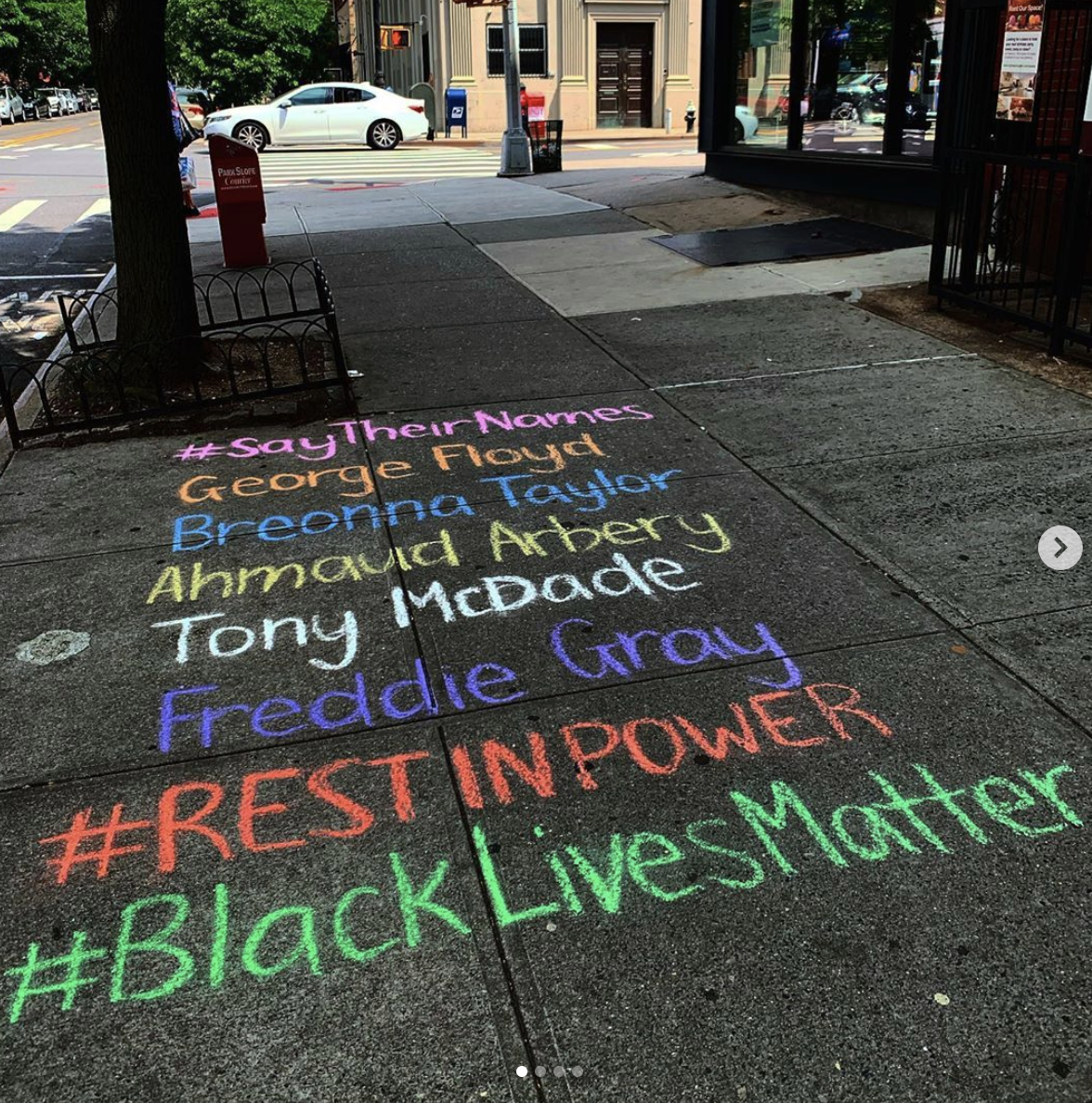
Nothing would be worse than for us to let this all eventually die down. In order to make change, this can’t just be another trend. George Floyd can’t just be another name on an ever-growing list; he should be the last. Don’t forget his name, keep saying it, along with the names of all the other victims. “The real test is: In two weeks, will you still be educating yourself and those around you? When you step onto campus in the fall, will you go out of your way to talk to your black peers that you may have largely ignored for your time here? Are you signing up for African American Studies courses and other courses about race and the black experience in order to truly educate yourself,” Alonge said. Continue to educate yourself, stay informed on current events. Do your part in being an active proponent of change.
Above all, honor their memory each and every day with the way you carry yourself and treat others. “Speaking up about a situation enforces change and justice, and my temporary discomfort does not compare at all to the discomfort the victims and their families have went through. Being said, I need to represent the voice that they lost, and if others care enough about human rights, then they should too,” Shadwick said. Promote kindness and equality in every door you step foot in and with every individual you encounter throughout your life. In that way, we can look towards a brighter future. We can create one where black lives matter as much as every other life and people like George Floyd get to live.

